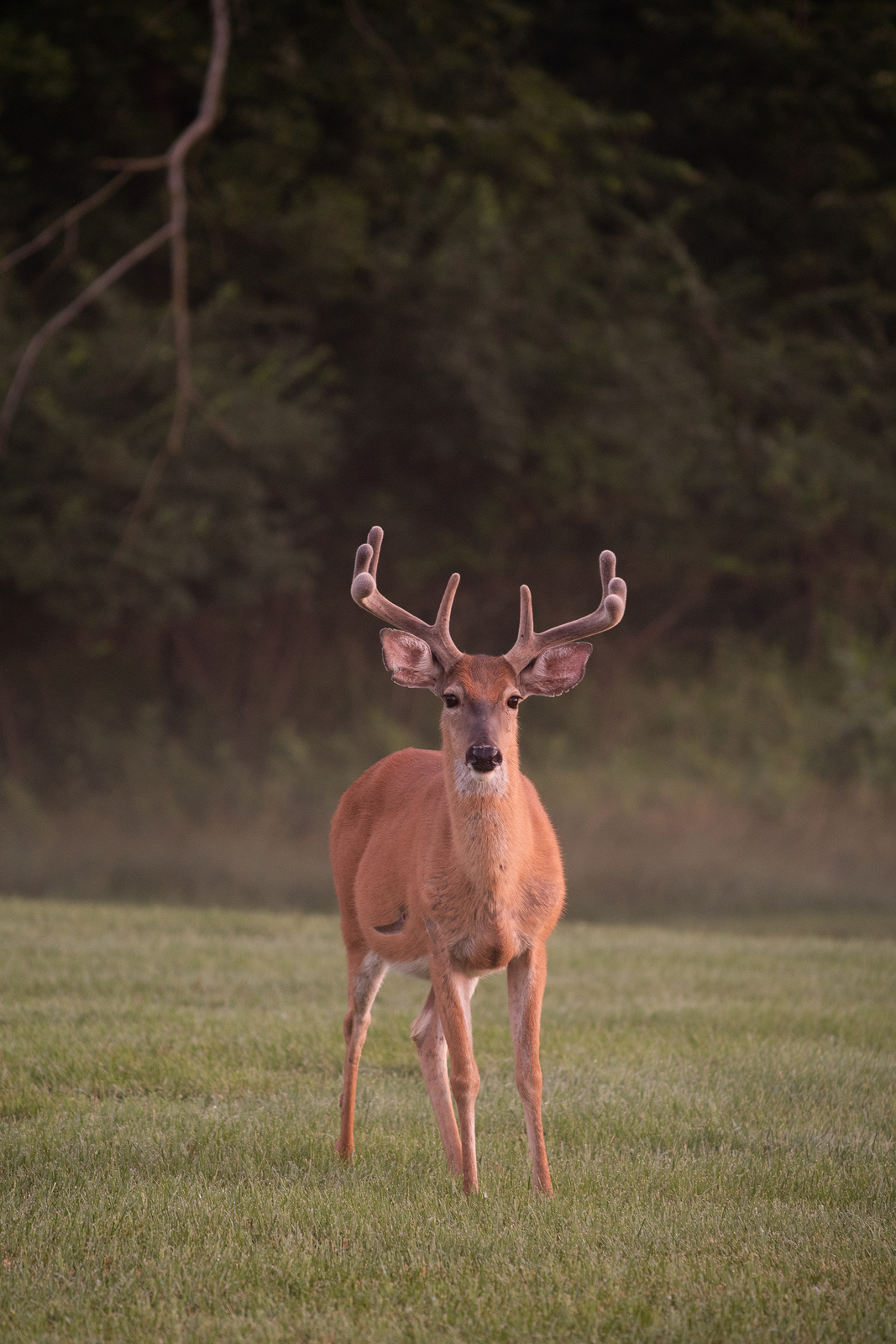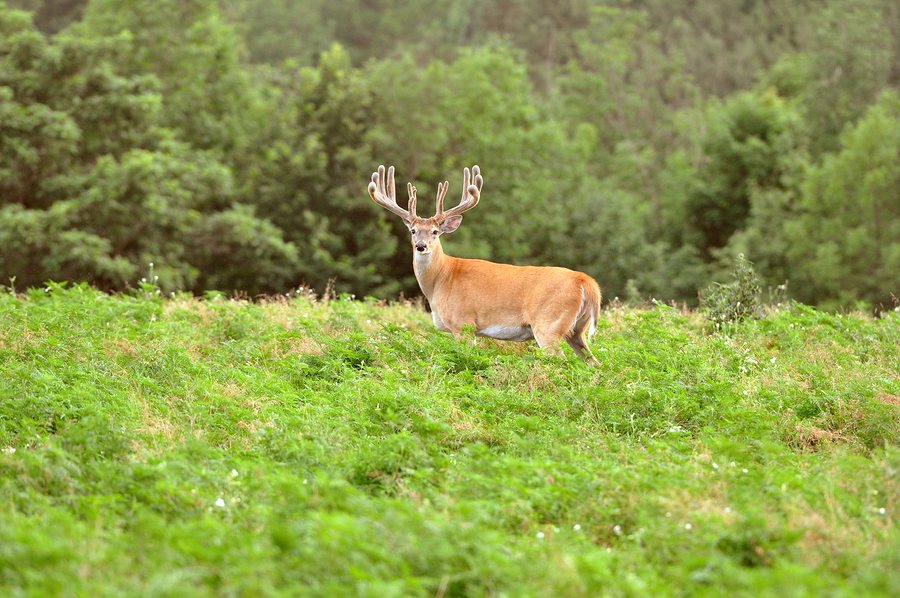We take a look at whether human urine attracts or deters deer.
It’s a bizarre topic that draws many vocal opinions. Ask a group of hunters their thoughts on human urine and its effect on deer and you’re likely to get a mixed response.
We all know that guy who talks about always peeing into a deer scrape. Or he makes his own scrape just to pee in it. Some hunters are indifferent, relieving themselves right by their treestand if nature calls, and others that make regular practice of it.
So which is it? Does it attract deer or scare them? Let’s investigate a bit.
Pee 101
Deer urine, like human urine, is primarily water, roughly 95 percent or so. Shocker, right? But it’s that remaining 5 percent that’s most important. There are nearly 100 different compounds in doe-in-estrus urine. Some of those are unique to deer and some are shared with other species. One thing we know for sure is that urine offers a unique profile for every individual, animal or human.
An in-depth investigation into urine can tell you not only which species it belongs to but also the gender, approximate age and overall health of the animal or person. Consider urine like nature’s social security number; each and every individual has a unique signature.

So, what does that tell us? Well, when considering their virtually unrivaled sense of smell, whitetail deer are likely to recognize that a urine sample from a human is not that of another deer. Does that mean they’ll spook? Not necessarily. Deer are also naturally curious. A deer will often investigate new or unusual developments in their home range.
Want proof? Try throwing a large stick or small log in a random spot near a popular trail. If you have a trail camera on the log, you’ll notice that many deer go out of their way to check out the “weird, new thing” that seems different. It’s this curiosity that makes the strongest argument for those in favor of peeing in the woods.
Another strong argument for those in favor of the practice is that it’s highly unlikely that deer associate human pee with humans. It’s unlikely deer possess the level of logic required to process that thought. Can they tell if it’s a predator? That’s a different story. It’s very likely that deer use their powerful olfactory receptors to detect that something unusual and perhaps dangerous was once present. The real determining factor of whether or not that deer bolts depends on whether they believe that danger is still present and represents an imminent threat.
The Verdict
Personally, I’ve peed on scrapes near trail cameras in the past—both real and mock scrapes. I haven’t noticed a significant boon or bust of deer passing in front of the camera to make a definitive decision for myself. I’ve relieved myself in the woods to only moments later have deer come within range.

What I’ve never seen is a big, mature Booner come through and investigate a human urine smell. Deer have incredible instinct. Mature bucks use it every single day to avoid detection and danger. That said, you could easily argue that it’s best to avoid sending a signal that you’re there in the woods.
I’m curious what you think? For me, the jury’s still out. However, I might not try so hard to hold it from now on.
Like what you see here? If so, click here to read more great hunting, outdoor, and shooting articles by Reid Vander Veen. Also, check him out on Twitter @TreeStandDiaries and on Instagram.
NEXT: TEXAS IS STILL LOSING THE WAR ON FERAL HOGS
WATCH











































